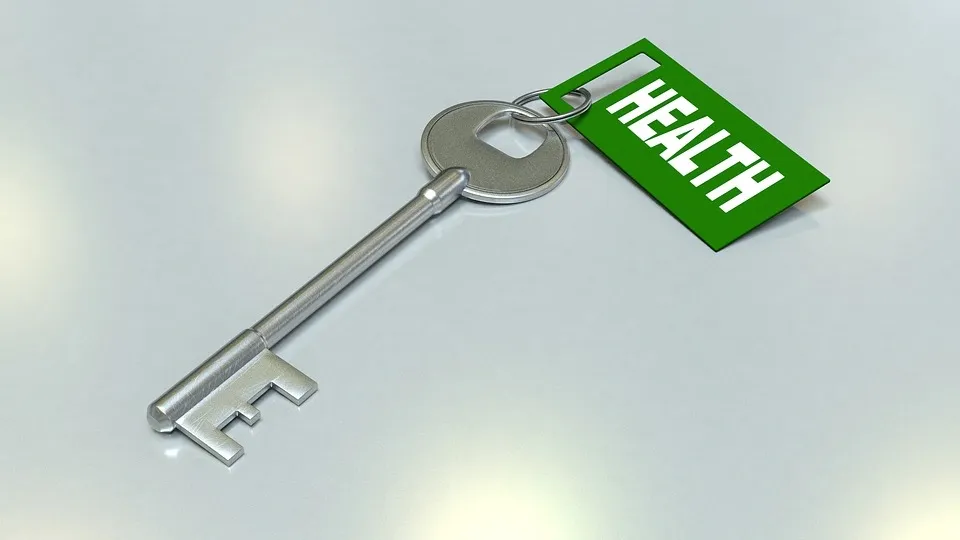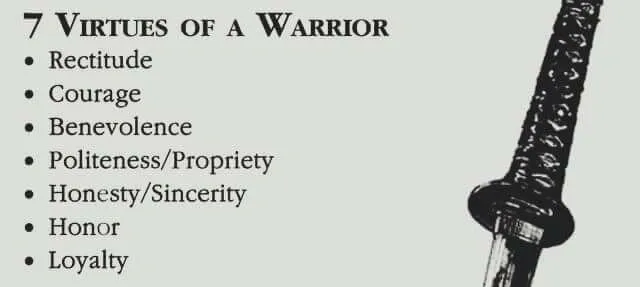
The Personal Moral Compass, Part 3: The 5
Health and fitness are an essential part of a better lifestyle. Being in better shape contributes to being able to do more each day, spend more quality time with your spouse and kids, and to enjoy more than just going to work and going home. The 5 Keys to Health will help get you on and keep you on that roadway. The 5 Keys to Health are:
- Nutrition
- Exercise
- Rest
- Hygiene
- Attitude
Nutrition is an important building block of our daily lives. Most do not understand the connection between how good or bad they feel simply based upon what they are consuming. Being rational in our eating choices and avoiding the junk that pretty much makes up most of the basic American diet is the basis for getting and staying healthy. Moderation in portion size, food selection, and frequency are in order for most of us.
While not everyone may want to be the size of Arnold Schwarzenegger in his Mr. Olympia days, a consistent, regimented exercise routine is essential for developing better health and longevity. Whether it is a high intensity style workout, body weight conditioning, toning bands, or free weights, getting a sensible workout that you like, that pushes and motivates you, and that you do consistently will benefit your health needs for years to come.
An often-neglected side of a healthy lifestyle is getting efficient rest. The rest period is where the body fixes the problems it experienced the day before. It recharges your batteries and gives you the energy to move onto the next day’s set of issues. Rest is often ignored, to our detriment. The tricky part is that not everyone needs the same amount of rest. I may require more of it than you do, or vice versa. And rest is not always about sleep and naps. It may also include a scheduled day to relax with little to do, or a planned recreational outing.
While hygiene may seem simple, it may surprise you the number of people who have horrible hygienic habits. Lice, ringworm, staph infections may be obvious signs of a lack of hygiene, but the habits that lead up to that boil down to personal choices. Keeping yourself, your living area, and the clothes you wear clean are essential to proper hygiene. Steps should be taken to ensure that you take every step necessary to avoid the issues that poor hygiene habits bring.
In 1997 Carthage (TX) Police Officer Michelle Jeter stopped a van. It was something that she had done many times in her career, but this day would be different. Officer Jeter was assaulted by the male suspect, punched in the face, knocked down and mounted and again punched repeatedly in her face eight more times while she lay unconscious and unable to defend herself. She should have died, so severe were her injuries. But she not only survived, but she also fought through the injuries to return to active patrol duties later. How did she overcome a potential life-threatening situation? She had a positive mental attitude and a will to live! There is an abundance of stories that you can find about individuals that should not have survived yet did because of their mental fortitude and attitude. Conversely, there are just as many that tell of those who suffered minor injuries yet succumbed to them. The difference is simply that of a positive mental attitude! Keeping a positive mindset takes work, training, and a conscious effort of will, but the benefits of it are remarkable!
Keeping a balance of rational nutrition, sensible exercise, efficient rest, proper hygiene, and a positive attitude may seem to be a lot of work. But the benefits are worth much more than the applied work! And those benefits include a healthier, happier lifestyle that will spill over and affect other aspects of your life as well! In our next installment in this series, we will talk about the 3 States of Mind.

